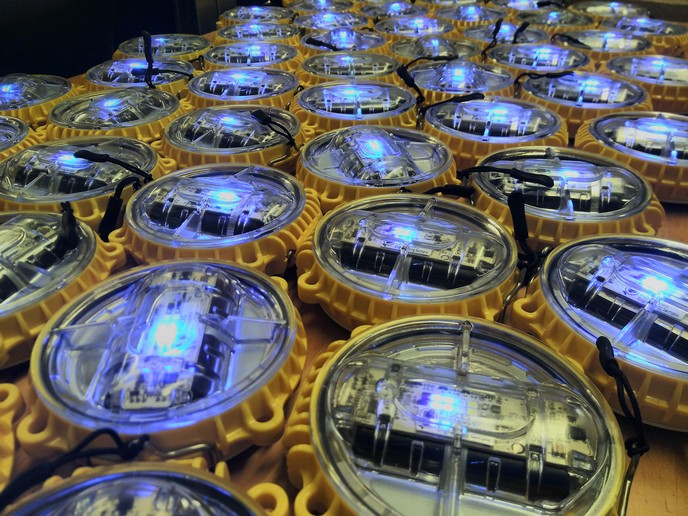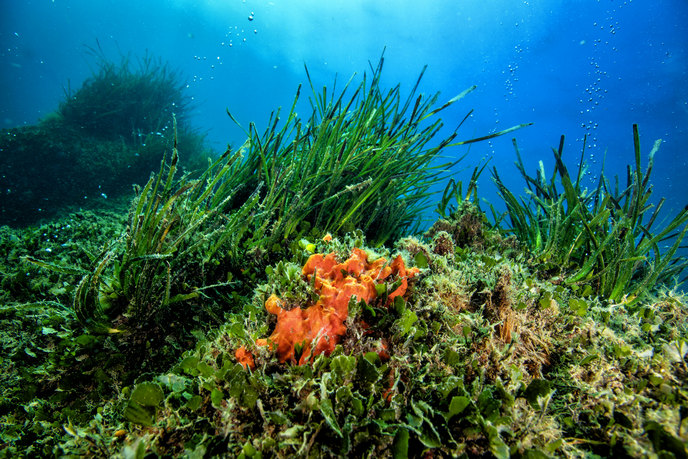Lighting the way to sustainable fishing
Bycatch contributes to the decline in fish stocks with the result that over 63 % of fish species are no longer within biologically sustainable fishing levels. With over 1 billion people globally relying on fish as their primary source of protein, this situation poses a major threat to future food security. The EU-funded Horizon 2020 PISCES (Reducing bycatch – Saving fishing crews money – Facilitating compliance – Enabling the long-term sustainability of the fishing industry) project addressed the problem of bycatch by developing light emitting diode (LED) units that can be attached to commercial fishing gear. “We have created a new technology that allows the simple application of new discoveries in fisheries science,” says Dan Watson, project coordinator and CEO of SafetyNet technologies. The appliance of science Researchers exploited the reaction of fish to light to enable fishing crews to guide fish out of their nets, thereby avoiding or lowering bycatch. “You can set the LED units to a certain type of light to attract or repel a particular species of fish, which allows fishermen to put ‘logic’ into their nets,” explains Watson. During sea trials, PISCES attached their specially developed LEDs to different parts of a variety of fishing gear to see where it is most effective in guiding fish into or out of the net. Trials were conducted in collaboration with industrial and scientific partners to make sure that the results are based on real-life situations and scientific fact. Having validated a prototype in North Sea field trials, the UK government’s Centre for Environment, Fisheries and Aquaculture Science provided independent verification of a 60 % reduction in bycatch. Fishing for success The greatest challenges facing PISCES concerned access to fishing crews and supply chain stakeholders due to the disparate nature of the industry and demanding working practices, especially regarding time. According to Watson: “The investigating team overcame these obstacles by using social media, online conversation tools and simply conducting interviews in fishing locations to gain as many insights as possible from stakeholders.” Furthermore, access to accurate and reliable fisheries data – both managerial and financial – also proved difficult. “While it was possible to find out the size of the global and national fishing fleets, it was often difficult to find more granular details with which to identify common trends in fishing practices, beyond conversation or speculation,” Watson observes. “However, eventually our conversations with stakeholders bore fruit with many participants sharing their own datasets with the team or pointing the way to more expansive and robust data sources.” “Currently, the bycatch issue costs us about a billion dollars globally every year and is a considerable threat to food security. PISCES worked successfully with local fishermen to solve real problems, establishing effective lines of communication with stakeholders to find a solution to bycatch and help ensure the future of fisheries and the fishing industry. The project will benefit society by harvesting fish more sustainably, enabling the ocean to continue supplying food to a growing human population,” Watson concludes. Furthermore, commercialisation of this technology is expected to generate more jobs while increasing revenues.
Keywords
PISCES, fish, fishing, bycatch, light emitting diode (LED)







